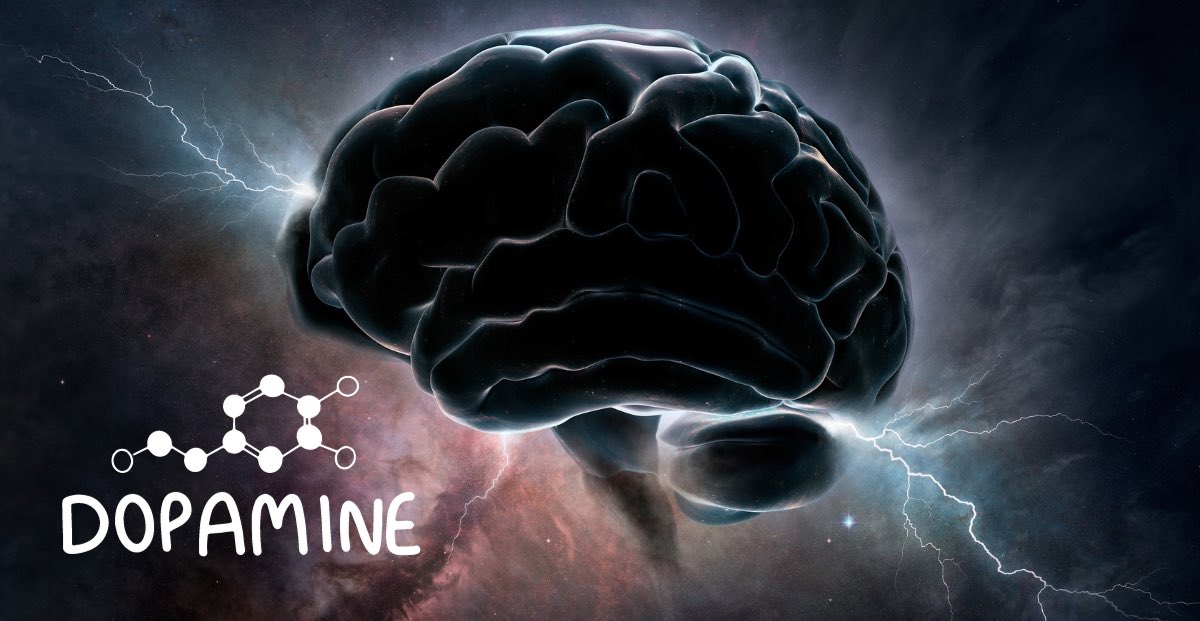The Potential Influence of Dopamine Deficiency on Problem Gambling
The Potential Influence of Dopamine Deficiency on Problem Gambling
Problem gambling is a serious issue that affects millions of people worldwide. It is characterized by an inability to control or stop gambling despite negative consequences. While there are various factors that contribute to the development of problem gambling, recent research suggests that dopamine deficiency may play a significant role in its development and maintenance.
Dopamine is a neurotransmitter that plays a crucial role in the brain’s reward and pleasure systems. It is involved in regulating motivation, pleasure, and reinforcement. When we engage in activities that are pleasurable, such as eating delicious food or engaging in social interactions, dopamine is released in the brain, creating a sense of reward and reinforcing the behavior.
In the context of gambling, dopamine is released when individuals experience wins or near-wins. This release of dopamine creates a pleasurable sensation and reinforces the behavior, making individuals more likely to continue gambling. However, research has shown that individuals with problem gambling may have lower levels of dopamine or impaired dopamine functioning.
Several studies have found evidence of dopamine deficiency in individuals with problem gambling. For example, a study published in the journal Biological Psychiatry found that problem gamblers had lower levels of dopamine D2 receptors in their brains compared to non-gamblers. These receptors are responsible for regulating dopamine signaling, and a deficiency in these receptors can lead to decreased dopamine transmission.
Another study published in the journal Neuropsychopharmacology used positron emission tomography (PET) scans to measure dopamine release in response to gambling cues. The researchers found that problem gamblers had blunted dopamine release compared to non-gamblers. This suggests that problem gamblers may have a reduced ability to experience pleasure and reward, leading them to seek out more intense experiences such as gambling.
Dopamine deficiency may also contribute to the development of impulsive behavior, which is often seen in individuals with problem gambling. Research has shown that low levels of dopamine can lead to decreased inhibitory control and increased impulsivity. This can make it difficult for individuals to resist the urge to gamble, even when they are aware of the negative consequences.
Understanding the potential influence of dopamine deficiency on problem gambling has important implications for treatment and prevention strategies. Medications that target dopamine receptors, such as dopamine agonists, have shown promise in reducing gambling behaviors in individuals with problem gambling. These medications work by increasing dopamine transmission in the brain, which can help restore the balance of reward and pleasure.
In addition to medication-based treatments, behavioral interventions that aim to increase dopamine release through alternative activities can also be effective. For example, engaging in regular exercise, socializing, or pursuing hobbies that provide a sense of reward and pleasure can help individuals with problem gambling find healthier ways to satisfy their need for stimulation.
It is important to note that dopamine deficiency is not the sole cause of problem gambling. It is a complex disorder influenced by a combination of genetic, environmental, and psychological factors. However, understanding the potential role of dopamine deficiency can help inform more targeted and effective interventions for individuals struggling with problem gambling.
In conclusion, dopamine deficiency may play a significant role in the development and maintenance of problem gambling. Individuals with problem gambling may have lower levels of dopamine or impaired dopamine functioning, which can lead to decreased pleasure and reward, increased impulsivity, and a heightened susceptibility to gambling-related cues. Recognizing the potential influence of dopamine deficiency on problem gambling can help guide the development of more effective treatment and prevention strategies for this debilitating disorder.
